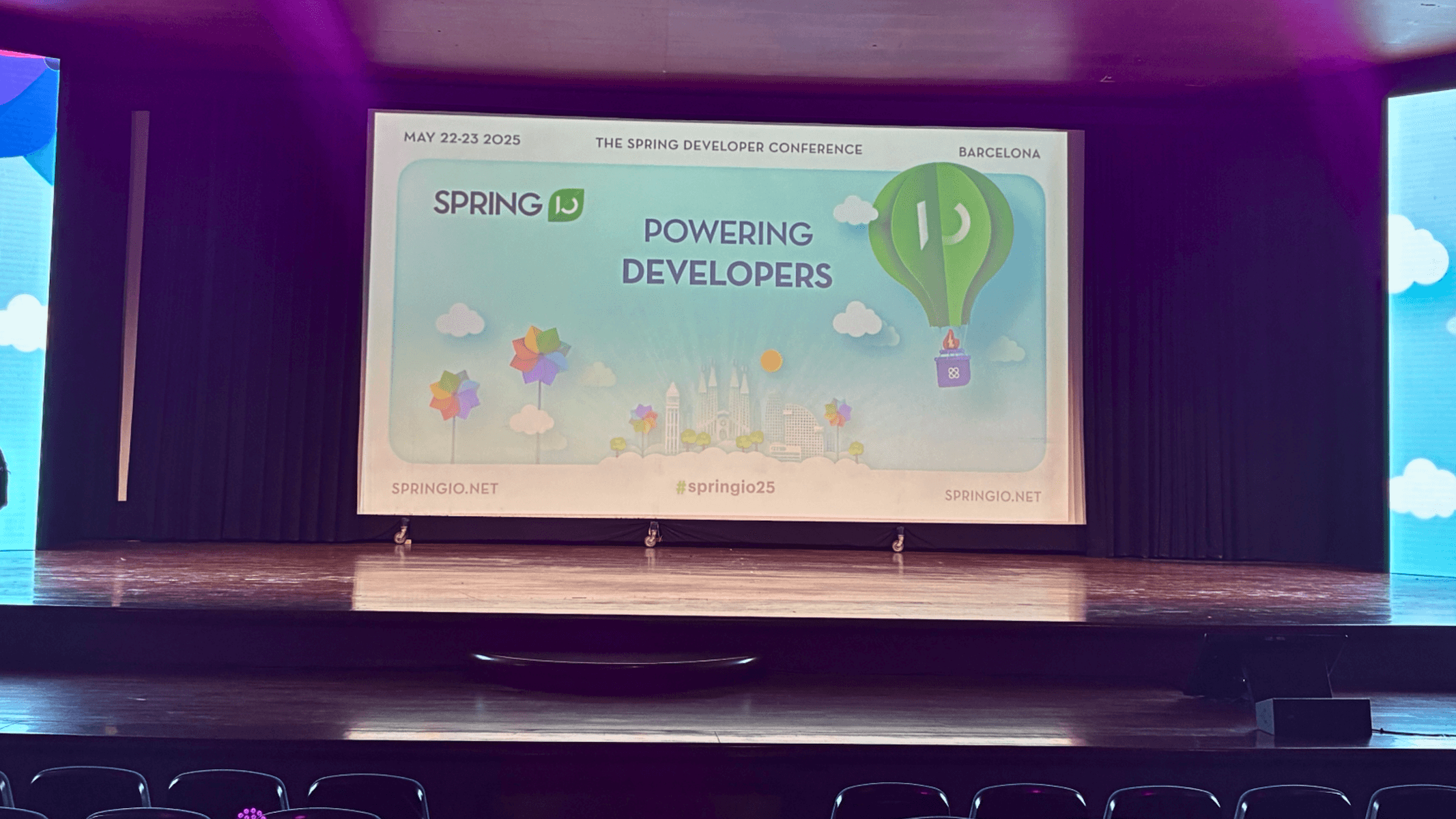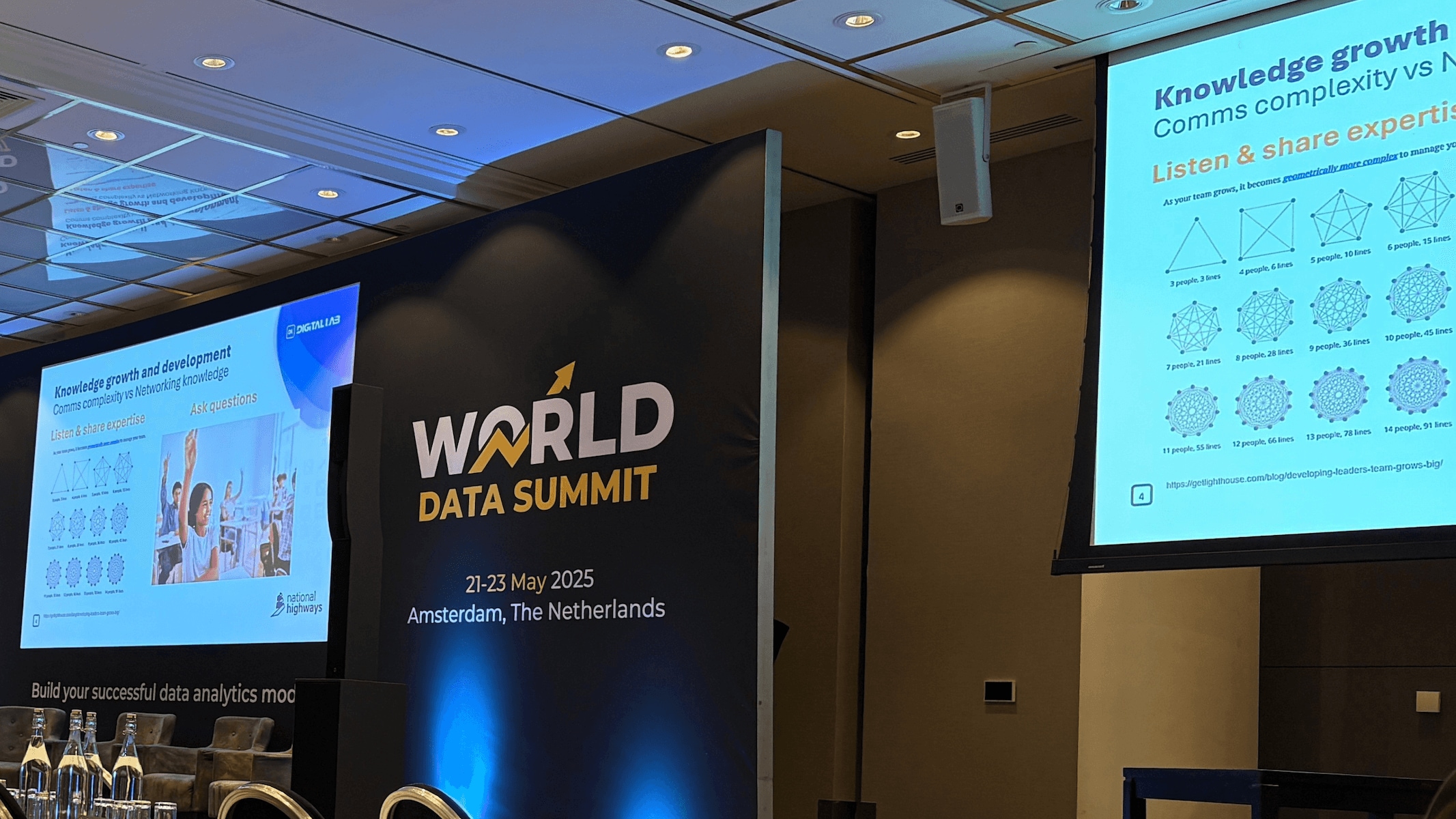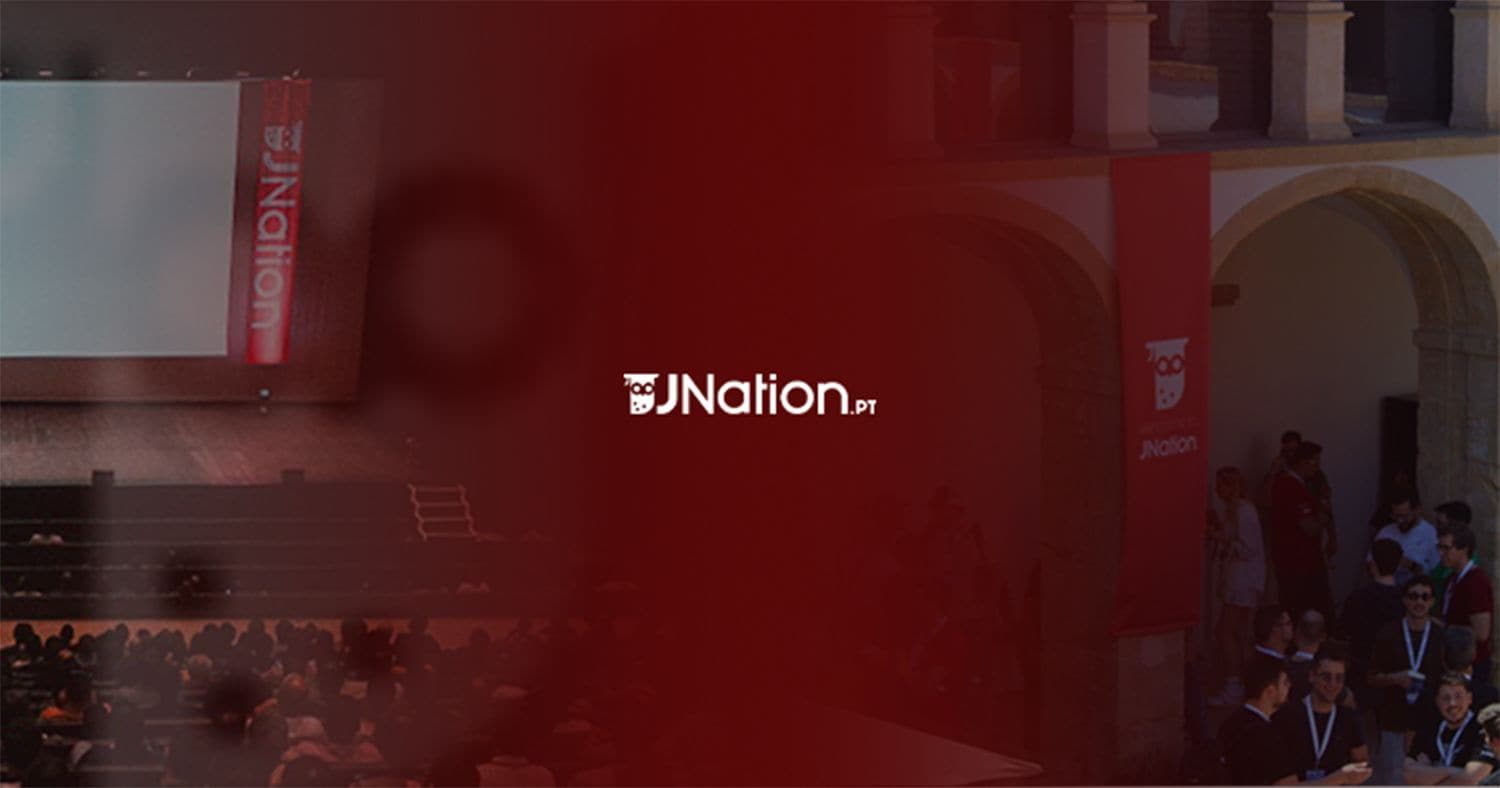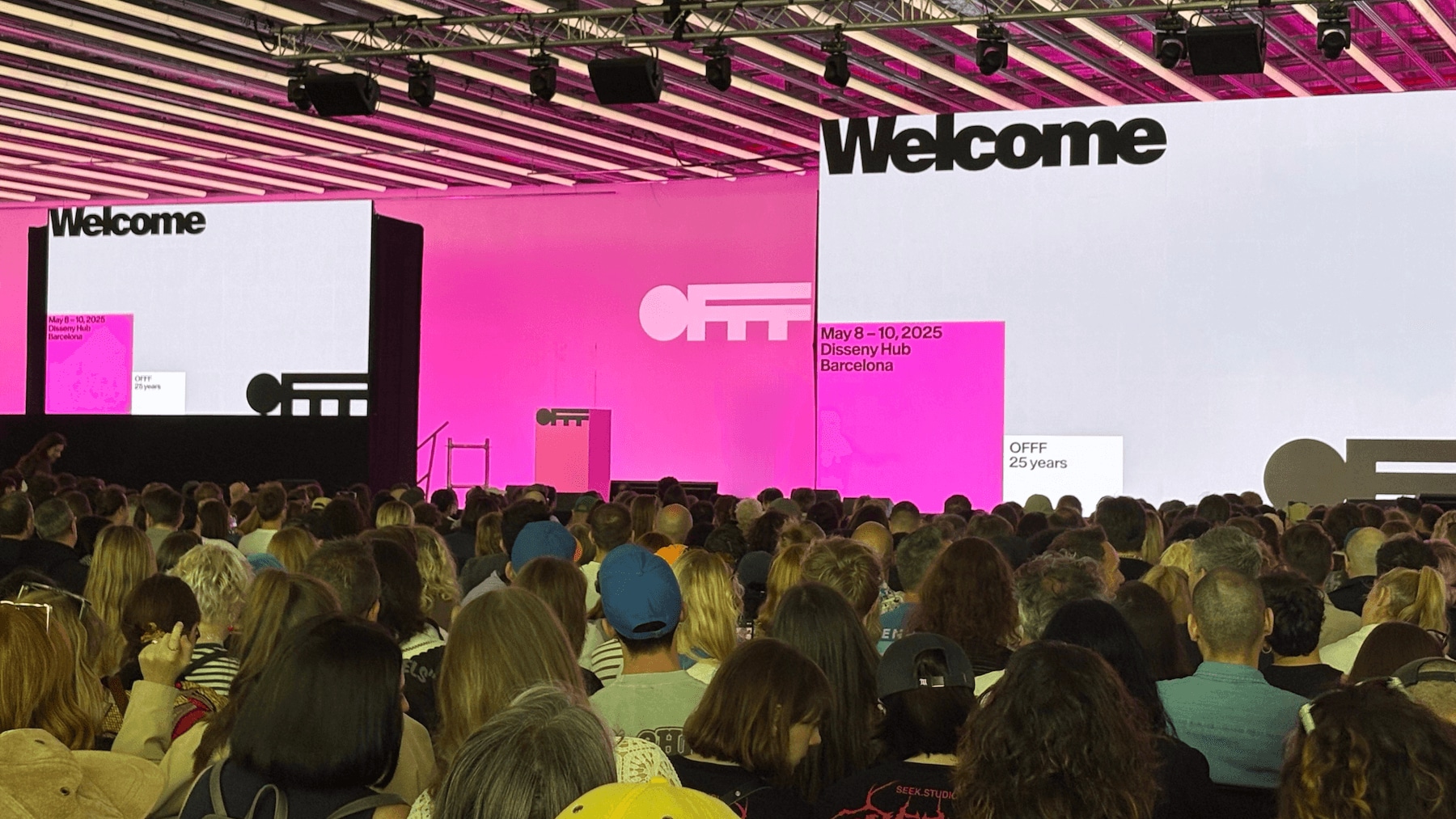
What Spring I/O Gave Us About Modern Software, AI, and Rethinking Architecture
When it comes to building scalable, resilient, and future-ready software, the answers aren’t always where we expect them. That’s what Spring I/O 2025 reminded us, and for our Backend Engineer André Félix, it was both an inspiring and grounding experience.
Held in the heart of Barcelona, Spring I/O is one of the most anticipated developer conferences in Europe, especially for teams who live and breathe Java and Spring Boot. From emerging tooling to forward-looking architectural debates, this year’s edition didn’t just present new trends. It sparked critical thinking.
At Mercedes-Benz.io, continuous learning is at the core of how we build. Here’s what stood out to André, and how these insights might shape the way we approach engineering moving forward.
Contents
Project Leyden: Performance Gains That Can’t Be Ignored
It’s not every day that one topic manages to pop up across unrelated sessions, but that was the case with Project Leyden.
The aim is to improve startup time and peak-time performance for Java applications running on the JVM. While this might sound like just another performance tweak, its potential impact is far from minor — particularly in the context of Spring Boot. By using AOT Cache and Spring AOT, Project Leyden promises better runtime efficiency and a lower memory footprint.
“It wasn’t just the technical content — it was how often it came up. Seeing different speakers reinforce the same idea made me realise: this is something we need to take seriously,” André shared.
With Spring Boot 4 expected by the end of the year, these changes aren’t theoretical. They’re around the corner. And for companies like ours, that deal with large-scale systems in production, performance wins like these can turn into real-world impact.
AI, But Grounded: The Rise of Spring AI
If 2023 was the year of AI hype, 2025 seems to be the year of AI practicality. Among the many tech announcements and ideas circulating through Spring I/O, one thing was clear: AI is here to stay, but not just for the buzz.
For Spring developers, Spring AI has emerged as a natural step forward. Designed to make it easier for teams to connect to and leverage AI models, Spring AI isn’t about replacing human insight, it’s about scaling it.
André noticed a shift in the tone of these conversations:
The focus wasn’t on using AI for the sake of it. It was about making systems smarter, faster, and more efficient — with human needs still at the centre.
For Mercedes-Benz.io, where our teams build products across over 60 countries, tooling that enables scalable intelligence, without adding complexity, could become a real asset.
Self-Contained Systems: Challenging the Microservice Status Quo
Microservices have become something of an industry default, but what if they’re not always the best fit?
A standout talk at Spring I/O explored the idea of Self-Contained Systems (SCS), questioning the assumption that microservices are always the best answer for scalability and flexibility. Unlike microservices, SCS are designed to operate independently, reducing the need for constant communication and simplifying asynchronous processes.
This perspective challenged even seasoned engineers:
“It made me pause. Especially in areas like e-commerce, where systems don’t always need to talk to each other constantly, SCS could actually be a better model. It’s something I want to explore more closely,” André said.
Rather than promoting a “one-size-fits-all” solution, the session encouraged developers to rethink architecture as a tailored strategy, based on real system needs and user flows.
What It All Means for Us
For teams at Mercedes-Benz.io, the real value of events like Spring I/O lies in how they help us think differently, and stay grounded in what really matters. It’s not just about chasing trends, but asking the right questions:
- Will this improve how we serve users?
- Can we make our platforms more reliable, scalable, or sustainable?
- Are we building with a mindset that allows us to adapt?
For André, the answer to all of that lies in the mindset he brought back:
After Spring I/O, building great software means building modern software. Staying close to Spring’s evolution helps us adopt new patterns, reduce resource consumption, and unlock better systems — not just technically, but strategically.
Overview of the conference
Spring I/O 2025 reminded us that staying current in tech isn’t just about keeping up, it’s about staying curious. It’s about listening closely when a topic surfaces again and again (like Project Leyden), questioning long-standing assumptions (like the default use of microservices), and understanding where real change is happening (like the thoughtful adoption of AI).
For us at Mercedes-Benz.io, these aren’t just interesting topics - they’re opportunities. To make our platforms faster. To make our architectures smarter. To make our teams more confident in the tools they use every day.
The future of backend development isn’t about having all the answers. It’s about being ready to ask better questions, and building with purpose, flexibility, and a mindset of continuous learning. Because that’s how excellence happens: not overnight, but through every line of code we write, rethink, and improve.
Related articles

Tiago Afonso
Why Better Data Starts with Better Questions: Insights from the World Data Summit
In a world where "more" is often mistaken for "better", the World Data Summit served as a powerful reminder that when it comes to data, quality always trumps quantity.
Jul 16, 2025

Joana Coelho, Margarida Costa
From Dev-Metal to Green IT: JNation Through a Backend Lens
What happens when you mix high-performance software, environmental sustainability, and a dose of metal music? You get JNation 2025 and the experience left a mark.
Jul 11, 2025

Catarina Marques, Mariana Pereira
What OFFF Barcelona Taught Us About Design, Emotion, and Creative Risk
Every year, OFFF Barcelona gathers some of the boldest, brightest, and most unapologetically creative minds in the design world. It’s a space where visual artists, designers, and storytellers connect; not just through stunning work, but through the philosophies and emotions behind it.
May 30, 2025